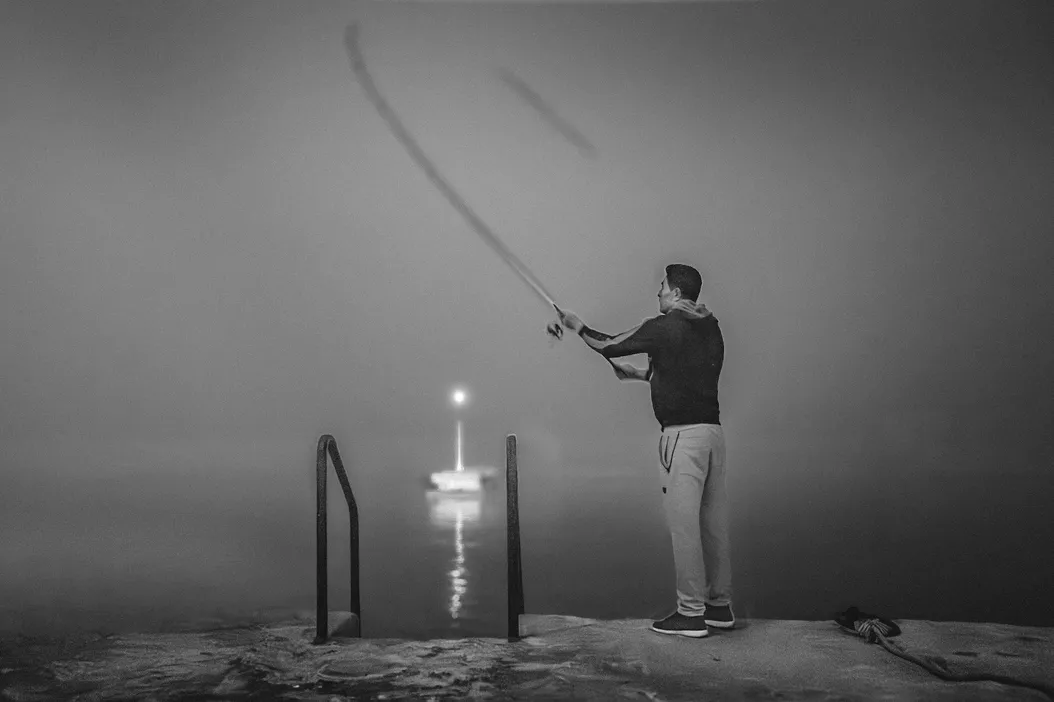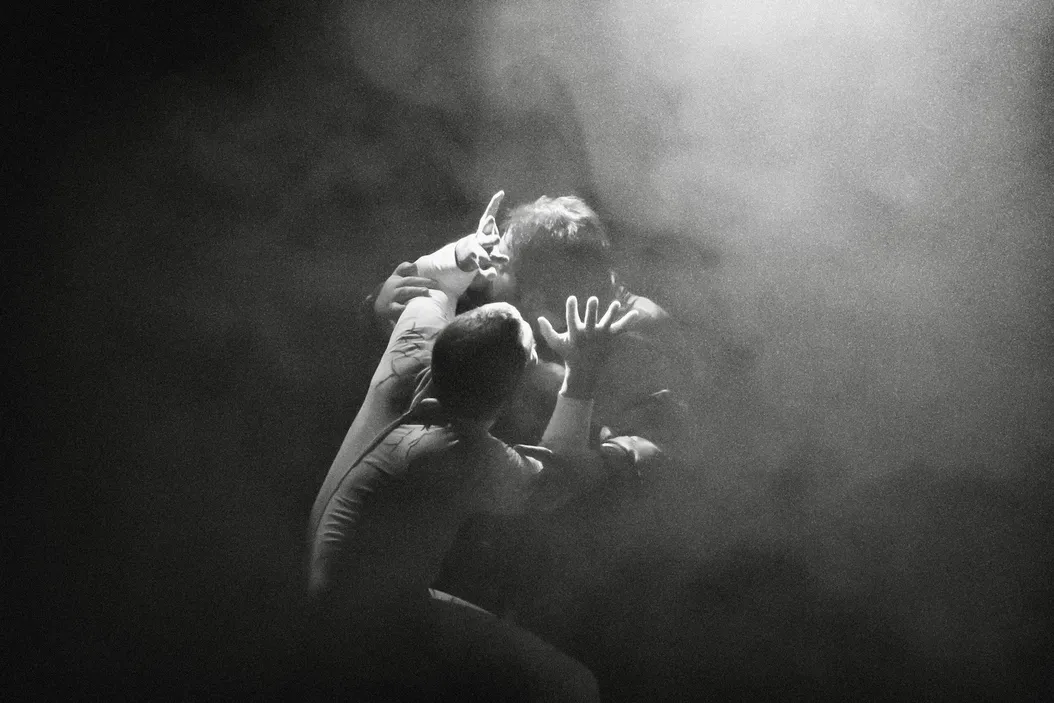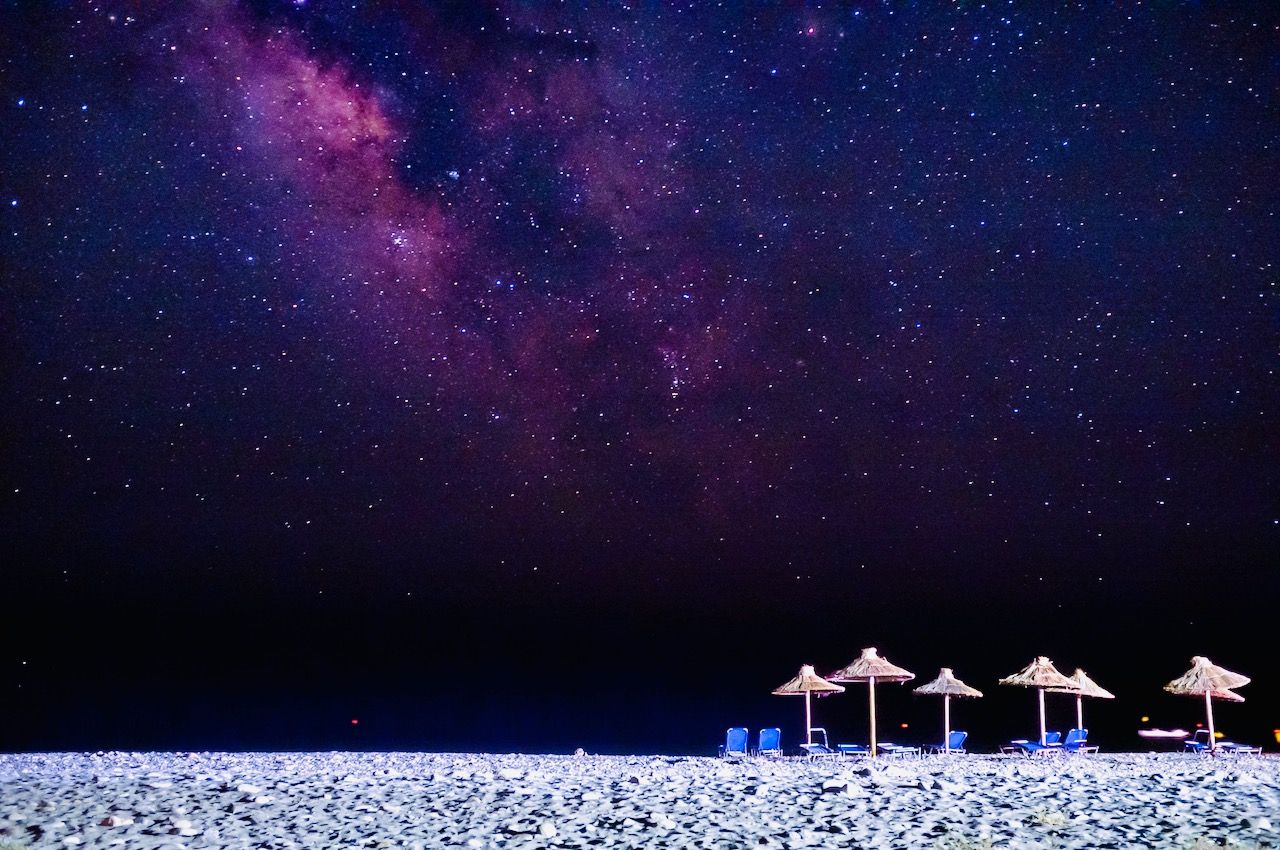
Back in December, hunting for things to watch over the Xmas break, I read the reviews of the new comet-disaster movie Don’t Look Up.
And damn, were they terrible. They derided the film as “an A-list apocalyptic mess” made of “subpar material”. It was “nasty and negative”, “blunt” and “bombastic”, “smug” and “self-satisfied”. And, particularly troublesome for a comedy, “hellishly unfunny”.
Move along, nothing to see here the reviewers seemed to bark at me. So, time-pressed and distracted, that’s what I did.
And then, last week, I finally watched the movie.
Boom
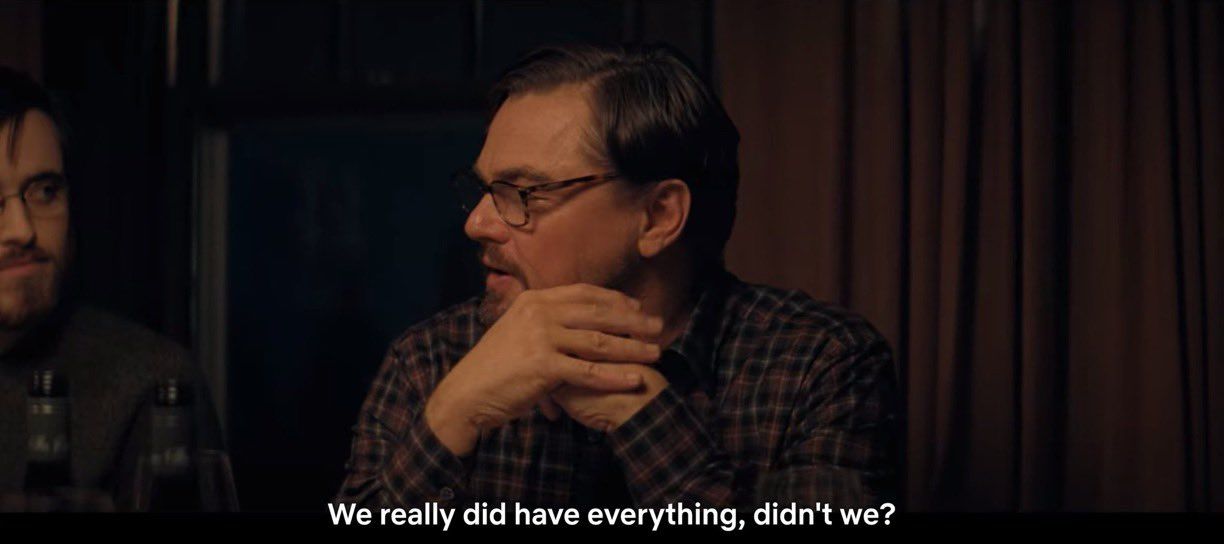
Don’t Look Up is hilarious and terrifying. It’s not perfect; it's heavy-handed. But it’s impeccably acted, beautifully shot and deeply, deeply moving. And the score… well, get your headphones and play the theme of the movie’s cataclysmic end, set to the ticking percussion of a planet whose time is over:
Perhaps more importantly though, the movie works. As the shoulder-shaking metaphor for global warming its creators intended, sure. But also as a brutal commentary on existential risk, institutional failure, our consumerist culture. On science denialism and polarised politics. On humans’ feeble capacity for collective action. It’s a poetic study of hopelessness.
And while it lampoons our species, it savages our elites – in media, in government, in Big Tech.
All of this might explain why, in the last few weeks, the movie has become Netflix’s second biggest release ever, the most popular entry on Rotten Tomatoes, and has generated a huge volume of discourse. Why it’s been lauded by activists and climate scientists as an awareness raising and mobilising tool. And, of course, why reviewers — who were, as members of the media, the butt of its harshest jokes — largely skewered it.
It offended the Establishment, and resonated with regular people. As radical activism should.
Or as a Guardian commenter put it:
There is a certain irony in that the professional reviewers, like most of the journalists portrayed in the film, persist in missing the point.
“The satire in Don’t look up is ridiculous”
— 100T Neff (@TheWillNeff) January 4, 2022
- Highly paid film critics pic.twitter.com/q6ggCJNI16
Breaking it down
Don’t Look Up is what happens when Hollywood takes up a cause the way it knows best: flashy entertainment. With an engaging plot (which isn't easy with climate change) and solid execution – through art, through humour – it has given new life to a vital issue of our time.
And in our current environment, I'm not sure there's a better way to cut through the noise.
The power of documentary to stimulate action has waned. And though the Establishment has always been unfunny, activism has also become a dour and moralising affair these days. It switches regular people off.
A storytelling opportunity
Sure, you don’t have the budget and skillset and star power of Hollywood. But the logic of Don't Look Up's success is the same. You're in a battle for attention, to light up everyday folk, inform and mobilise them. Entertainment, comedy, are anaesthetics that can disarm your audience to take in a serious message.
So strip the facts and figures out of your communications and fit them into a metaphorical story that delights people, and makes them laugh out loud. And that then, critically, encourages them to act.
It’s not easy. You need to get the pitch right. You need the right team – people who understand the culture. And you'll alienate some of your most earnest colleagues. But at the very least, you'll have more fun doing it than you would sending out another doomsaying press release.
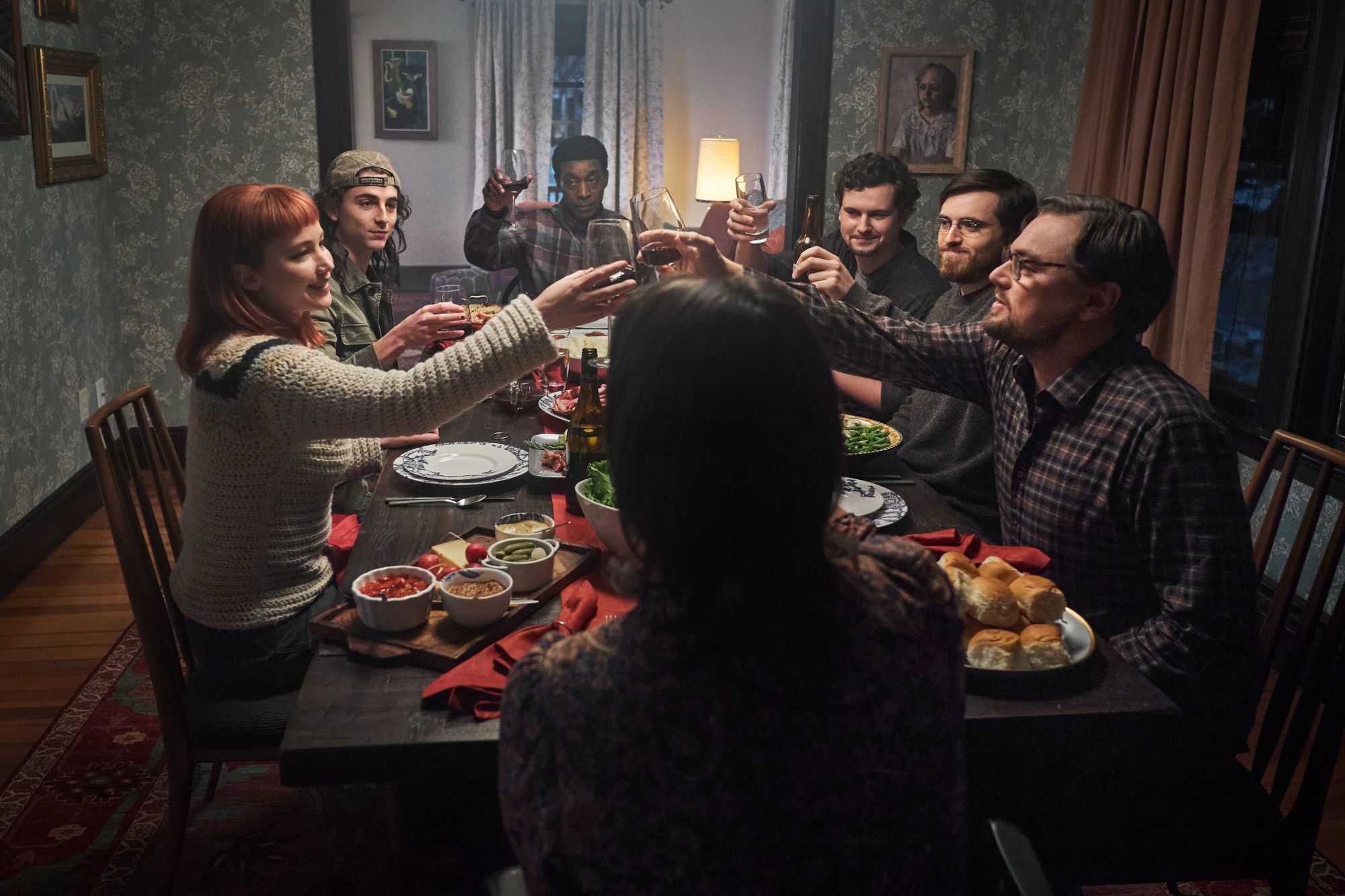
* * *
In our hyper-literal world, as we slide down the surface of things, hunched over dark glass, firing proof points at people from other tribes, entertainment and humour have never been more powerful. Yet activists shy away from it. That means there's space for you to play.
Stop telling people how tragic or outrageous your issue is. Make them feel it.
Stop conveying facts, start evoking feelings.

